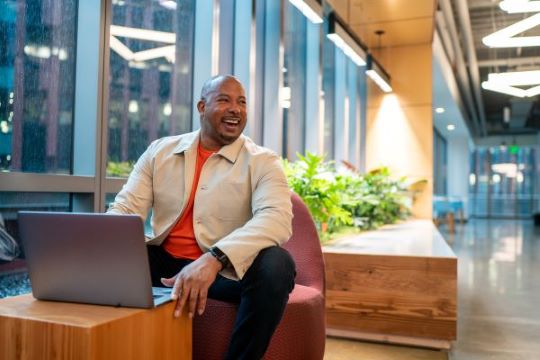- AWS›
- Careers
Careers at AWS

Build with impact
Careers are more satisfying when you're doing work that matters — and there's a lot of work that matters at Amazon. The scope and scale of our innovation — the world's most adopted cloud, groundbreaking generative AI, satellite technology, and countless other ways we help our customers achieve more — gives you more opportunity to do work that matters to you and makes an impact you can see.
Curious about what you can build here? Explore the site to learn how our inclusive, collaborative culture empowers our people to think big and deliver innovative results.
Interested in AWS?
Inside AWS
Working at AWS is different – because AWS is different. We hire talented people and give them the tools and opportunities to do work that makes an impact. Explore stories from AWS builders around the world talking about their diverse career paths, current projects, and how they’re making a difference for our customers and communities.

We are all builders
Everyone at AWS is a builder, whatever their job title may be. Because being a builder is a mindset, a Day One mentality that guides everything we do at AWS. Explore how we empower every team member to take ownership of their projects and possibilities.

Every voice matters
We all bring much more to work than our specific expertise — and the other stuff is the good stuff. Your unique perspectives and experience will help us build better solutions. Discover how our commitment to inclusion, diversity, and equity makes AWS the best place to be yourself and build a career.

There’s more you don’t want to miss
Get the latest insights from AWS innovators, exclusive learning opportunities, and vital career tips that can help you get the job you want.
